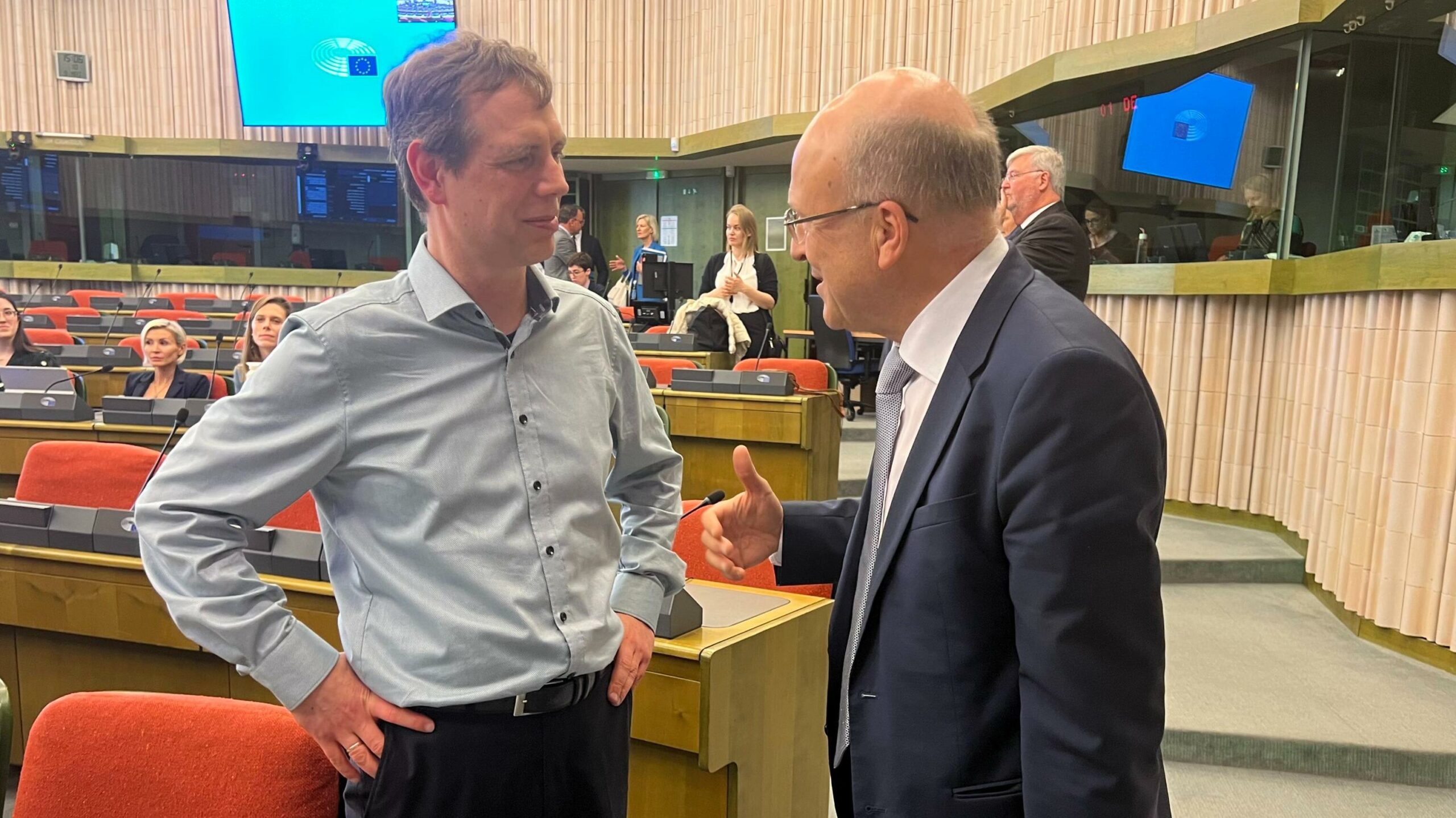Breyer’s lawsuit forces EU to publish secret AI surveillance research
The European Court of Justice today issued important clarifications on the transparency of EU-funded development of surveillance technology in response to a transparency lawsuit by MEP Dr Patrick Breyer (Pirate Party) (Case T-158/19). Under the iBorderCtrl project, the EU had tested the use of controversial AI-based “video lie detector” technology on travelers. Breyer’s lawsuit had already forced the EU in the first instance to release a large number of documents about the project in full or partially redacted, which Breyer published today on his homepage.
On Breyer’s appeal, the European Court of Justice today refused, for lack of “special urgency”, to object to the far-reaching blacking out of information on, for example, the legal admissibility and ethical justifiability of the technology in order to protect “business secrets”. However, it laid down three important principles for the future transparency of EU surveillance research:
1) not all information about a EU research project may be withheld from the public as a trade secret, but only the “tools and technologies” developed within the framework of the project.
2) The results of a project are not per se trade secrets.
3) Public access to information is not excluded even in the case of ongoing EU research projects.
Plaintiff Patrick Breyer, Pirate Party Member of the European Parliament in the Greens/EFA group, comments on the ruling:
“In the service of private profit interests, the European Union keeps financing the development and testing of technology that violates fundamental rights and is unethical. In the future, it will even fund weapons research. The landmark rulings in response to my lawsuit break with decades of secret EU-funded development of high-risk technologies for mass surveillance, crowd control, and profiling. With my transparency complaint, I have had it clarified that the taxpayer, science, media and parliaments have a right to access public research as long as no business secrets are involved. Especially in the case of pseudo-scientific and Orwellian developments such as the ‘video lie detector’, public scrutiny is indispensable.
The released parts of the documents on the iBorderCtrl project prove that it was clear to all involved that the use of the tested video lie detector would be illegal and unethical, but this is simply being ignored in the interest of profits. Scientific publications are being misused as marketing tools, research funds are being misappropriated for lobbying. EU research funding must be fundamentally reformed!
“I’m convinced that you won’t find terrorists with this pseudo-scientific security mumbo-jumbo. For stressed, nervous, conspicuously dressed or tired people, such a suspicion machine can quickly become a nightmare. Lie detectors are not admitted as evidence in court in this country precisely because they do not work. The EU-funded development of technologies for the ever-increasing surveillance, recording and control of people must come to an end! We are also fighting for this in the negotiations on the planned AI law.”
Anja Hirschel, the Pirate Party’s top candidate for the 2024 European elections, adds:
“The transparency complaint demands what should be standard by now:
MEPs need complete information in order to get the most comprehensive picture as possible and to be able to make informed decisions on this basis.
At the same time, civil society should also be allowed to participate in publicly funded research and to examine, evaluate and comment on it. After all, the EU should not be a closed system into which only a handful have insight.
Technologies that promise automated assessment of human behaviour can influence our future so fundamentally that there must be as broad a debate as possible. Because what is initially intended as pure support for human decision-making can too quickly turn into its own decision-making authority. Only with the knowledge of how it works and potential uses can we ask ourselves in detail the important question: Do we want this?”

